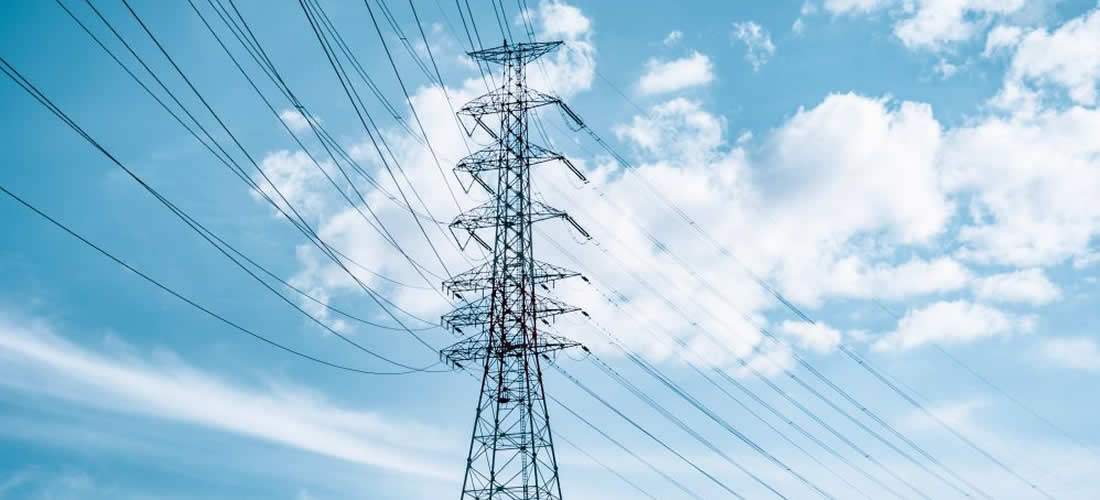Společnosti Kaluza a Flexitricity uzavřely partnerství za účelem poskytování nové kombinované služby flexibility sítě ve vyrovnávacím mechanismu.
The service will create much needed demand response for the UK energy system, helping to alleviate constraints that have recently caused prices to reach as high as £4,000 per MWh in the Balancing Mechanism.
In order to meet net-zero by 2050, the UK will need to electrify much of the economy and increase the volume of renewable energy on the system. Creating more dynamic demand and the appropriate reward mechanisms are essential components for a resilient and affordable transition. By unlocking the energy storage potential of electric vehicles (EVs) and other in-home devices, this new service will provide a valuable balancing resource for the grid which in future will scale to millions of devices.
The partnership will allow domestic half-hourly settled customers with EVs and/or energy storage to participate in the Balancing Mechanism and be rewarded financially for their participation through cheaper rates and lower bills.
The Balancing Mechanism is one of the main tools that National Grid ESO uses to balance supply and demand in real time. It’s a profitable market where providers can offer to increase or decrease their generation or demand to help balance the system.
Now, as the country decarbonises, National Grid ESO has made changes to encourage smaller, more agile energy assets to contribute. This presents a huge opportunity for a range of flexible energy consumers, including EV users.
The collaboration between Kaluza and Flexitricity will allow the aggregation of domestic smart chargers, vehicle-to-grid (V2G) chargers and batteries, enabling National Grid ESO to harness this flexibility to support grid balancing and benefit end customers with lower energy costs.
Flexible energy is an essential element of the UK’s energy mix, helping the UK reach its 2050 net zero emissions targets. The new offering addresses several key priorities outlined in Ofgem’s recent report on the transition to electric vehicles including ensuring the network is prepared for mass uptake of EVs, maximising the consumer benefits of smart charging and developing V2G technology.
Marzia Zafar, Director of Sustainability and Policy at Kaluza commented: “Today, industrial batteries provide the majority of our system’s flexibility while the storage potential of millions of smart devices in homes goes untouched. This partnership is an important milestone for the industry in enabling end customers to play a role in a greener, cheaper and more resilient energy system, and be rewarded for it. Kaluza has proven the value of its intelligent software across a number of local networks and markets, and we look forward to pioneering a new frontier in domestic flexibility at a national level with domain experts, Flexitricity.”
Andy Lowe, Chief Commercial Officer at Flexitricity commented: “Electrification of transport presents both a huge opportunity for suppliers and customers and a challenge for networks. The partnership with Kaluza allows us to take a leap forward in demonstrating what flexible EV charging can deliver to help balance the electricity system.”
“This partnership has the potential to revolutionise the way the EV market operates and most importantly it will make a significant impact on our 2050 net carbon zero targets.”
Zdroj: www.climateaction.org
 Cs
Cs